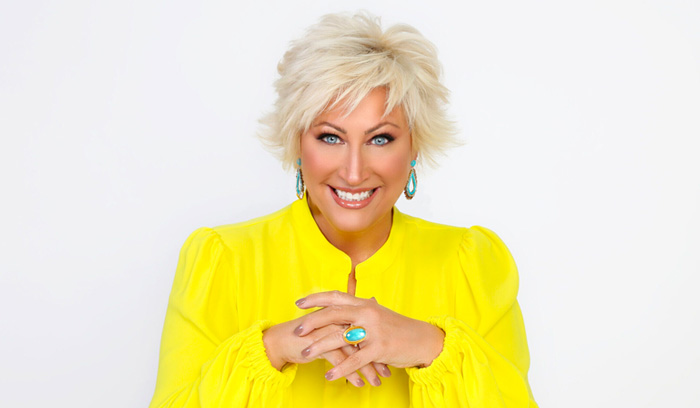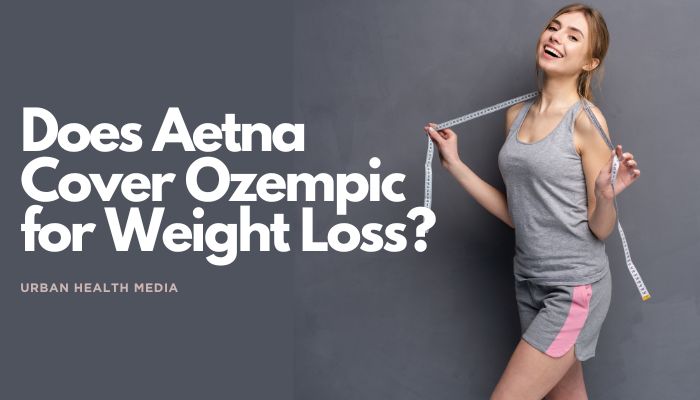OxiGuard 10 Reviews – Does it Really Work? The Truth!
OxiGuard 10 is a natural heart health supplement designed to protect your heart, improve your cells, and maintain a healthy range of cholesterol and blood pressure levels. Click to Visit the Official Website OxiGuard 10 Customer Reviews – Quick Overview Products Name OxiGuard 10 About OxiGuard 10 is an all-natural, safe-to-take supplement meticulously formulated to … Read more






